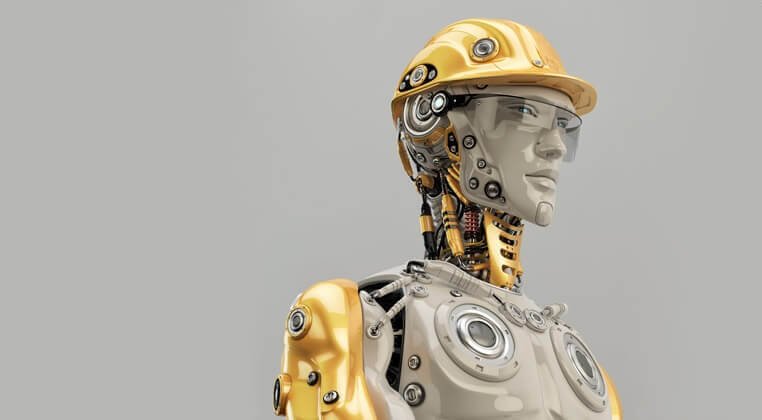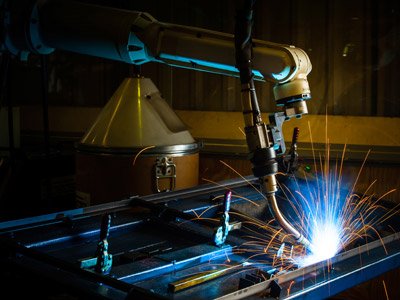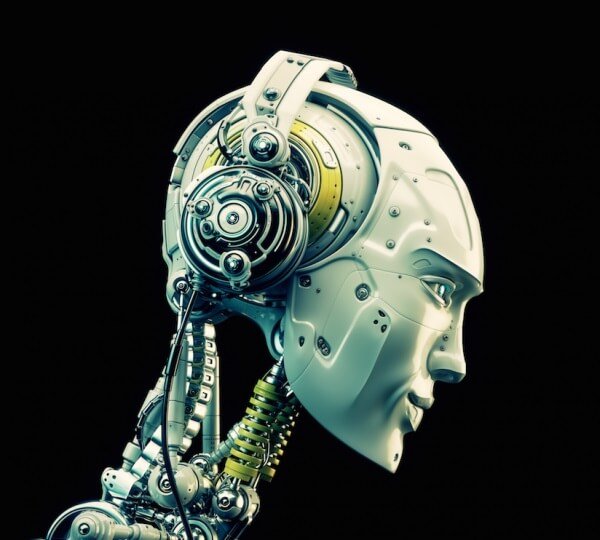Robots are Coming – Are you Ready for Automation?

A robot is a mechanical or electro-mechanical machine controlled via a computer program or electronics. Robotics is the branch of technology concerned with the design, construction, operation, and application of robots including the software operating systems used for control, feedback and information processing. The novelty of integrating robots into society has morphed into a striking reality where a variety of robots (humanoids, androids, industrial automation, etc.) are deployed in numerous aspects of our modern life such as household and manufacturing services. Industrial robots are used for repetitive, tedious and especially dangerous (or high-risk) duties such as performing assembly tasks, welding, painting, materials handling, and machining and warehousing services. Domestic robots, on the other hand, perform basic household duties such as cleaning, vacuuming and attendance, and security. By mimicking a lifelike appearance or automating movements, a robot may convey a sense of intelligence of its own.

The increasing use of robots in business will have a fundamental impact on society as a whole and possibly introduce the most profound disruptive change(s) in our life. As businesses and industries continue to chase for low-cost labor—robots will stand out as a viable option replacing people who are unwilling to do difficult work or producing low-value products. After World War II, manufacturing grew in Japan because there was an abundance of low-cost labor. But as the Japanese economy recovered and the standard of living went up, the cost of making goods also went up. Thus low-cost manufacturing moved to South Korea and subsequently to Taiwan and then Mainland China. The use of robots may reverse this trend and make it possible to produce goods in the USA or Europe.

While there are obvious benefits all industries cannot overlook, there are, however, serious socio-economic concerns about the increasing use of robots and their role in society. Many blame robots for rising unemployment as they replace workers in an increasing number of functions such as car manufacturing, and ethical concerns are brought forth with regards to their use in military combat. The gradual fusion of robots in our life will succeed under the notion of robots being assistants to human beings rather than job takers. While there is plenty of room for robots to undertake repetitive and dangerous tasks, humanity’s focus may shift towards creative and highly complex activities, to open up an interesting future, with unlimited possibilities.





